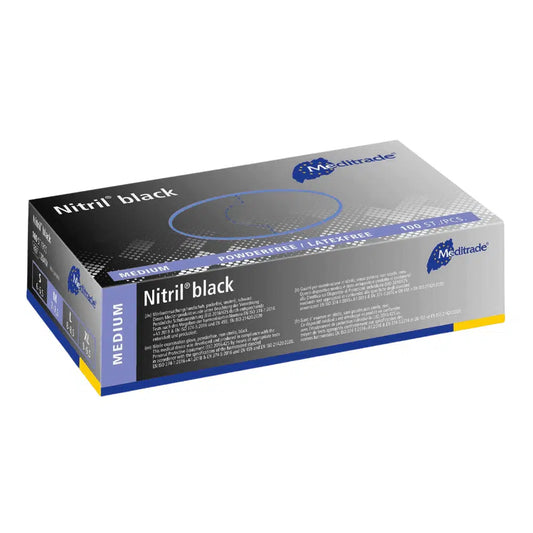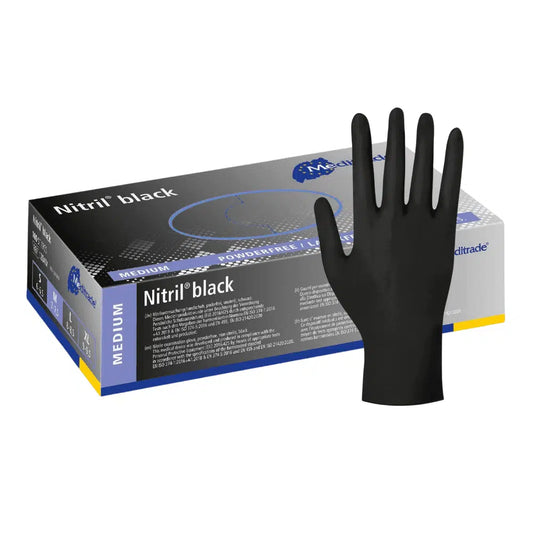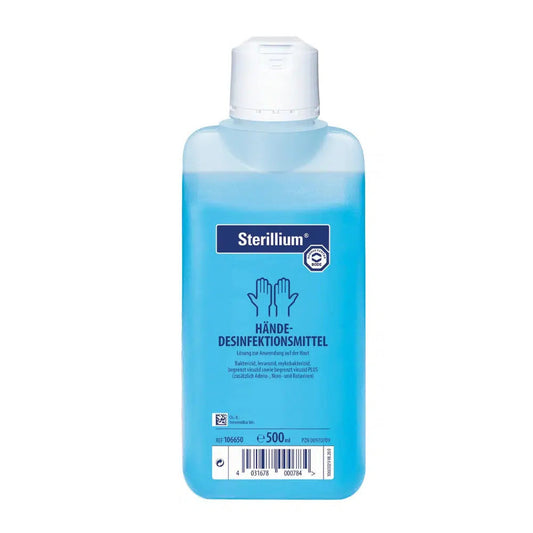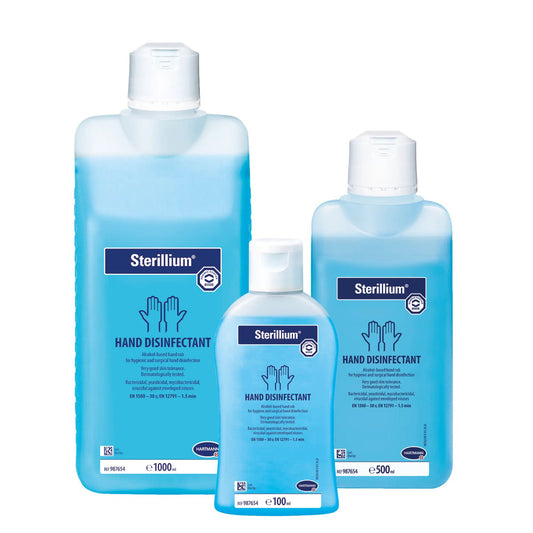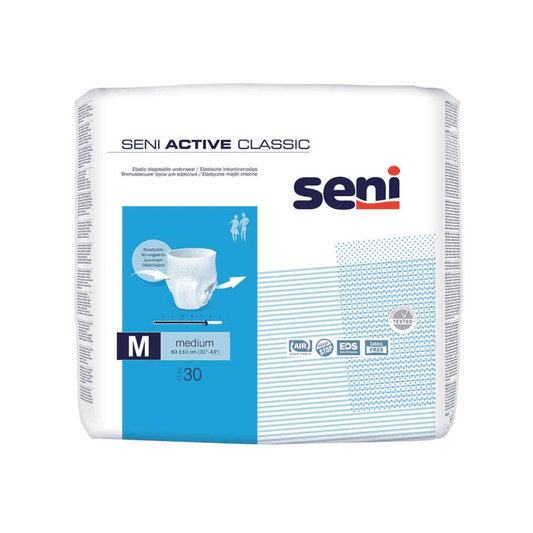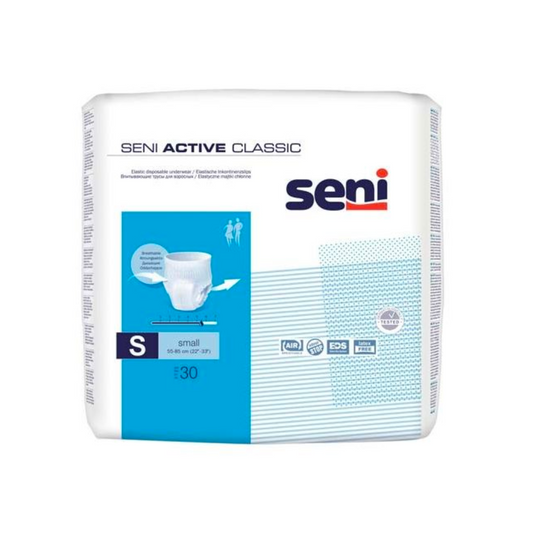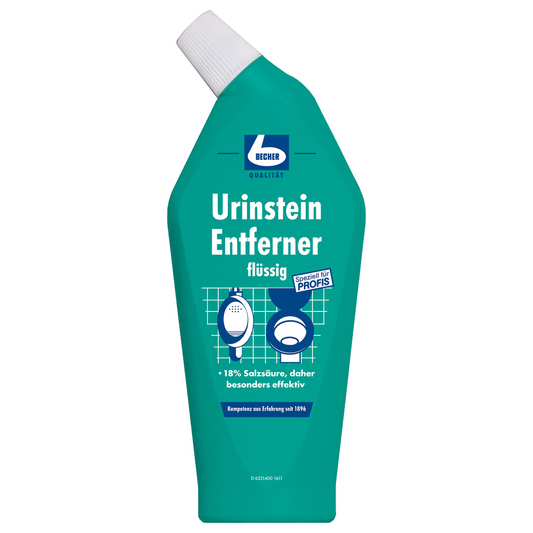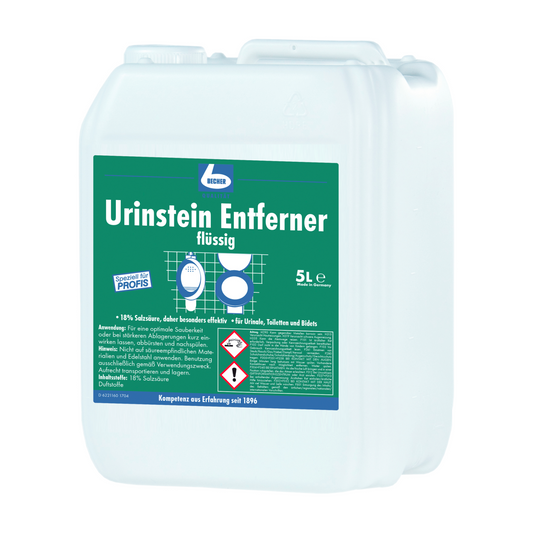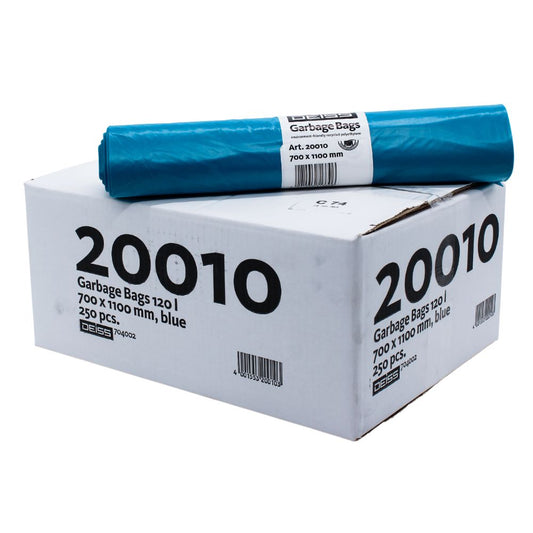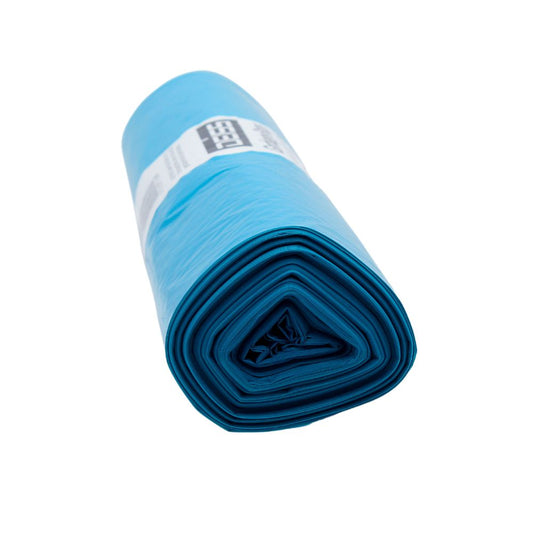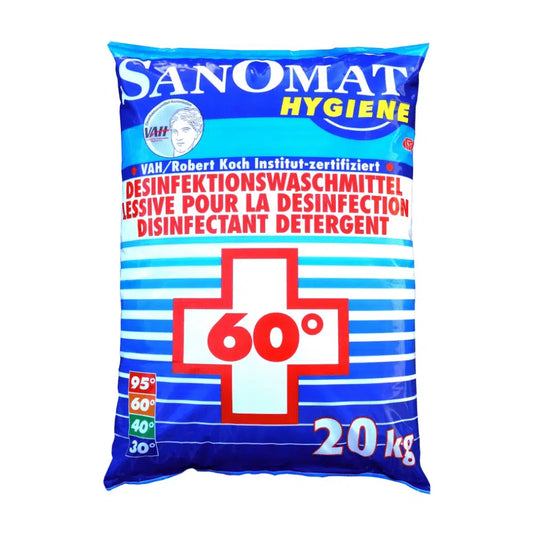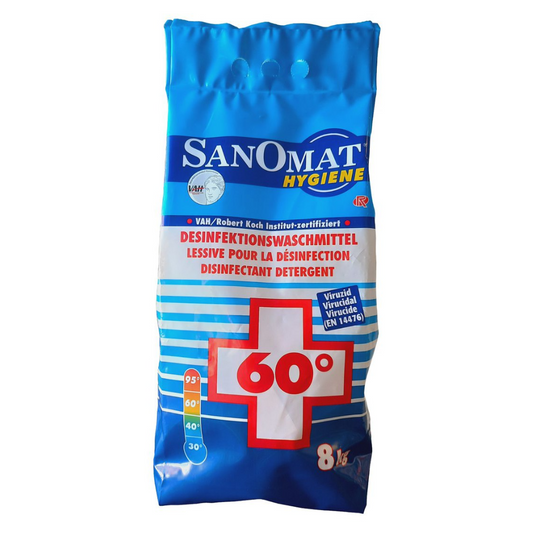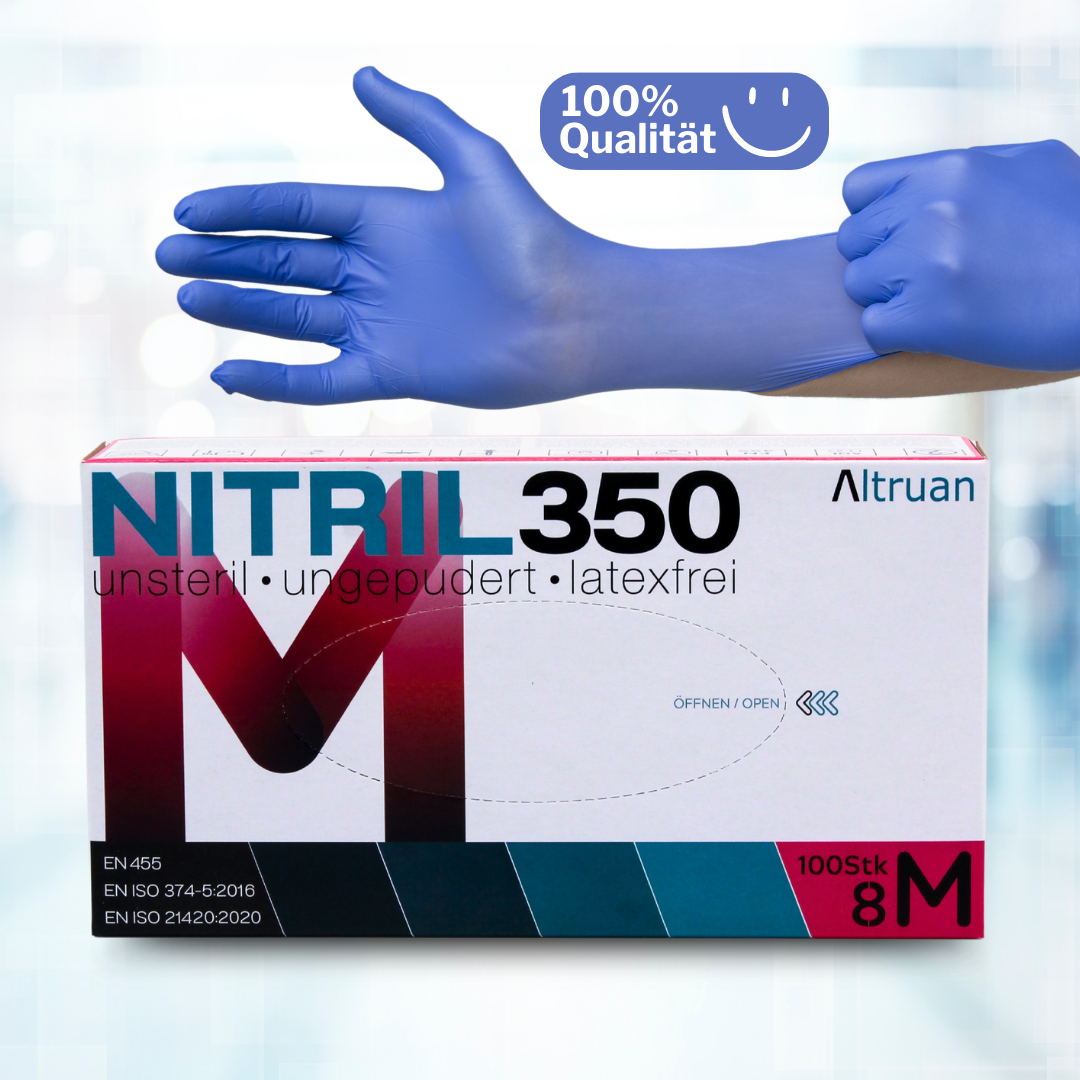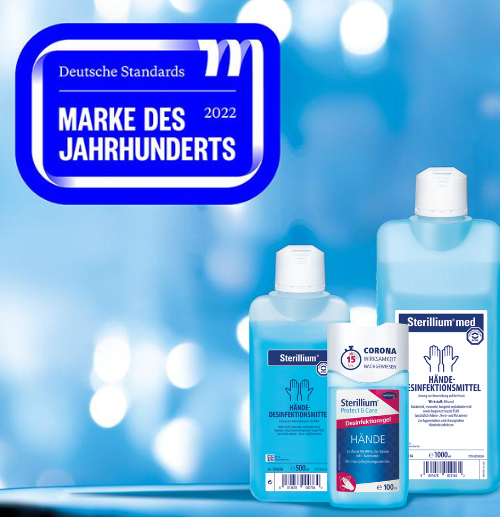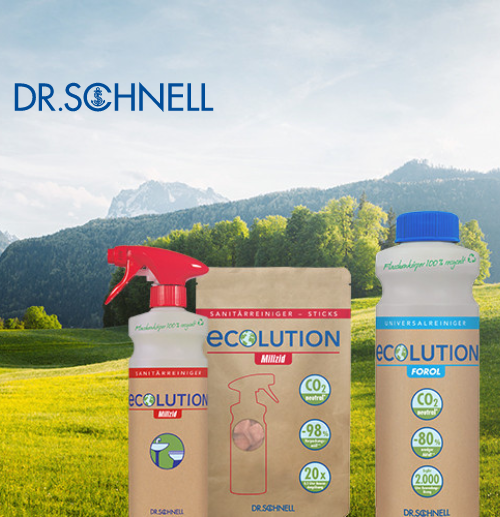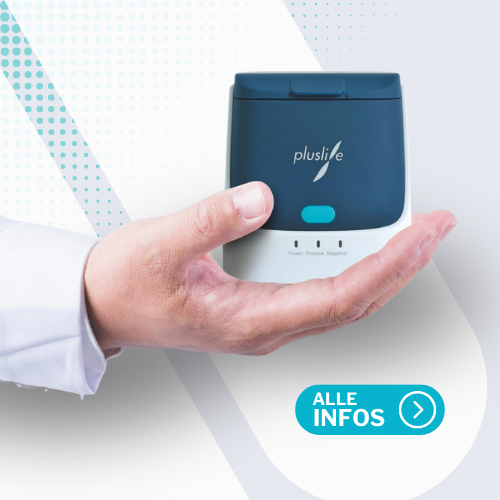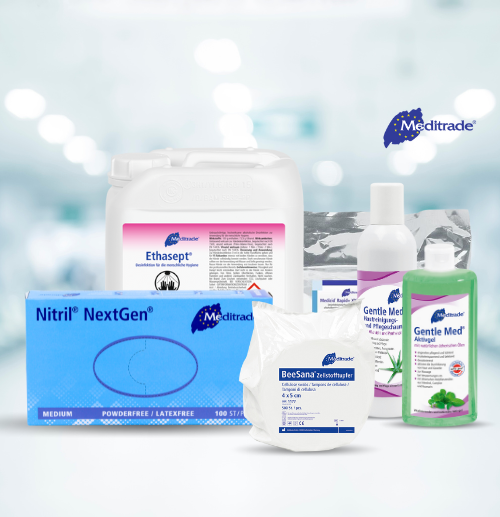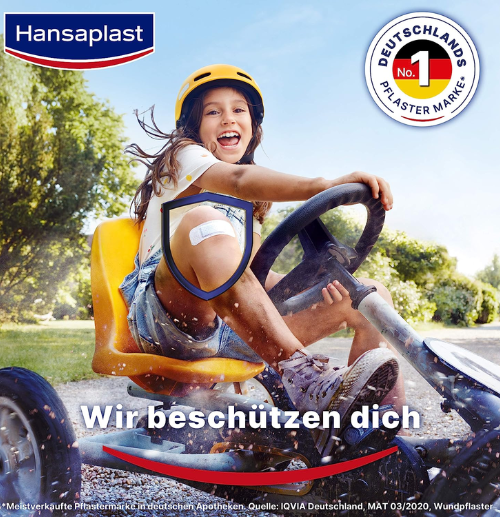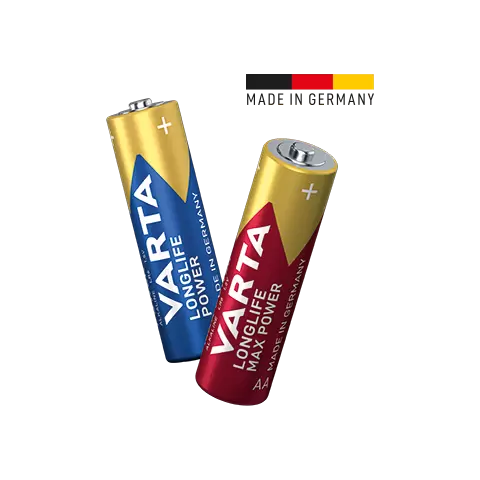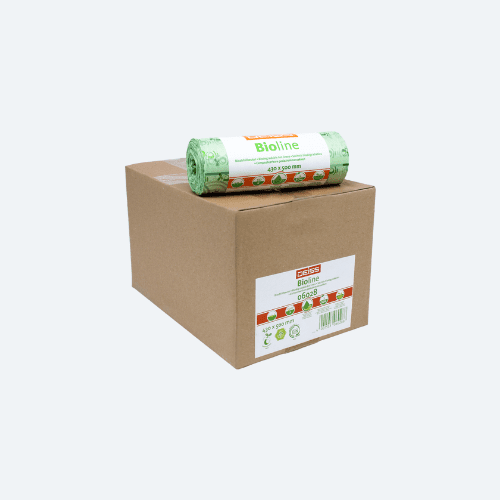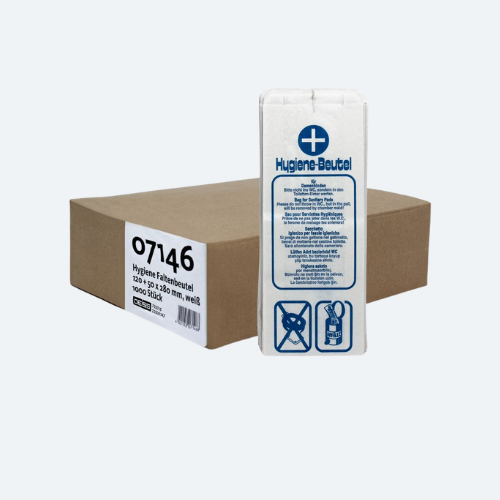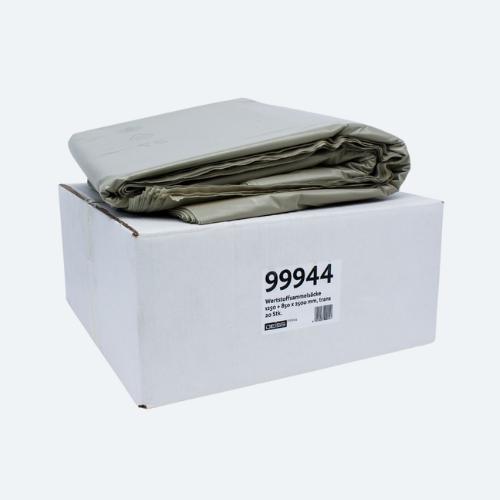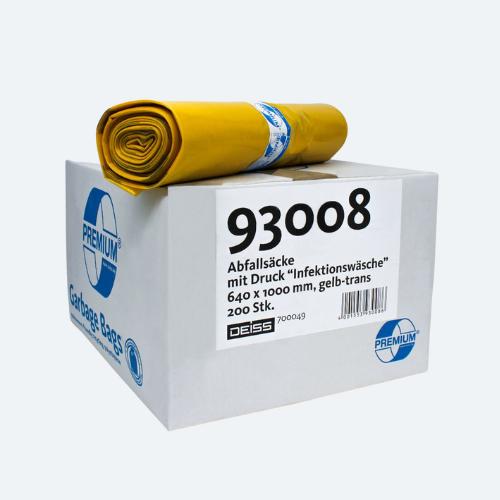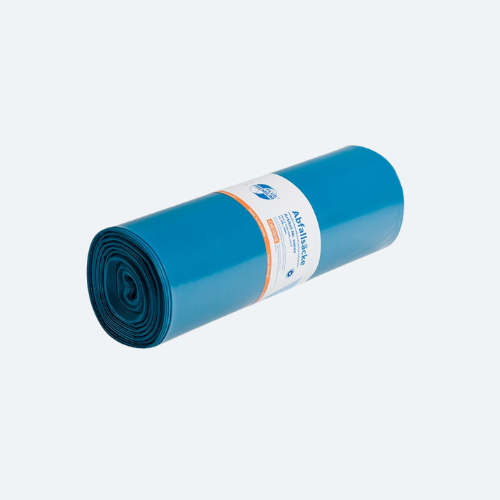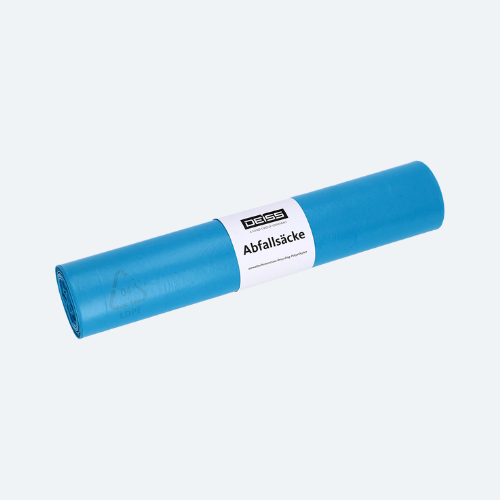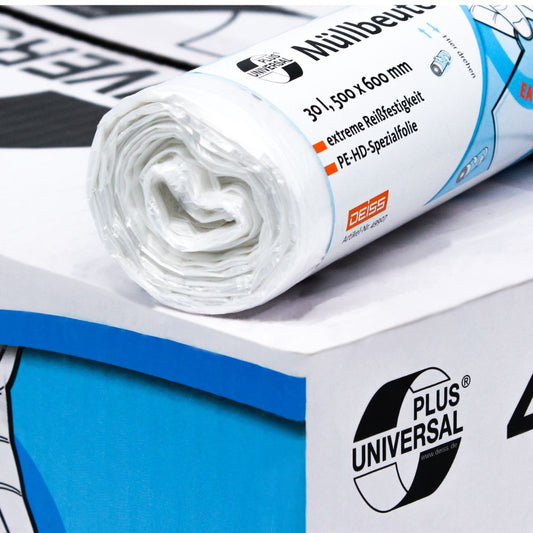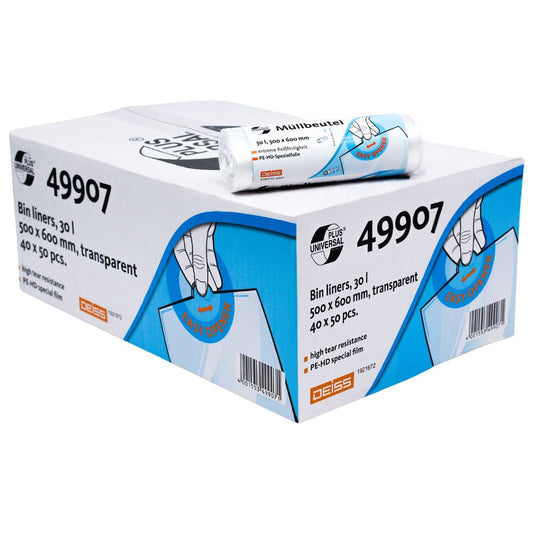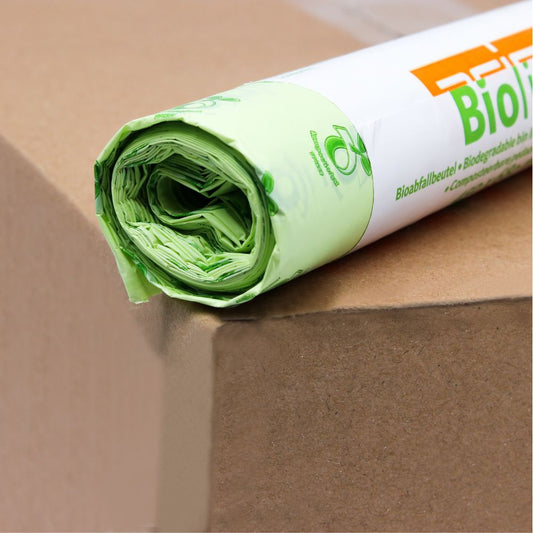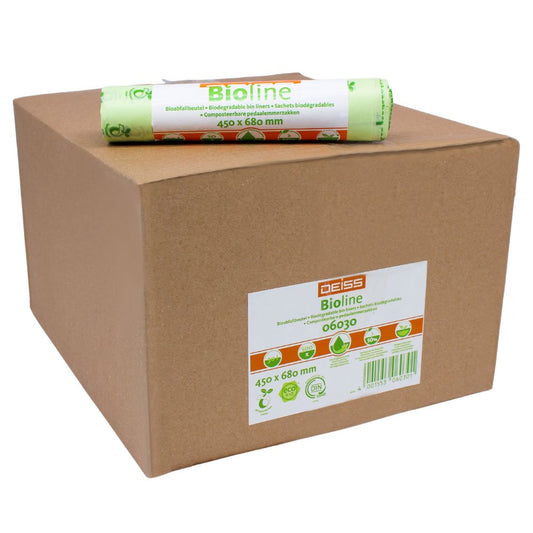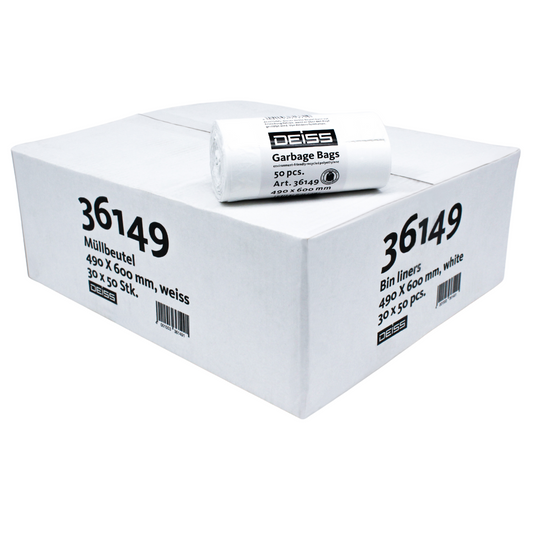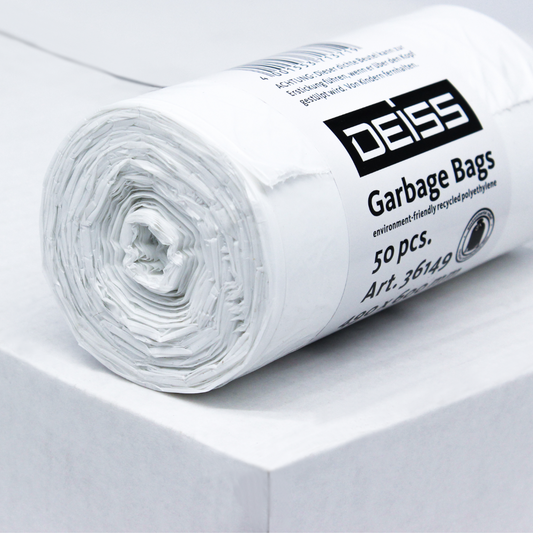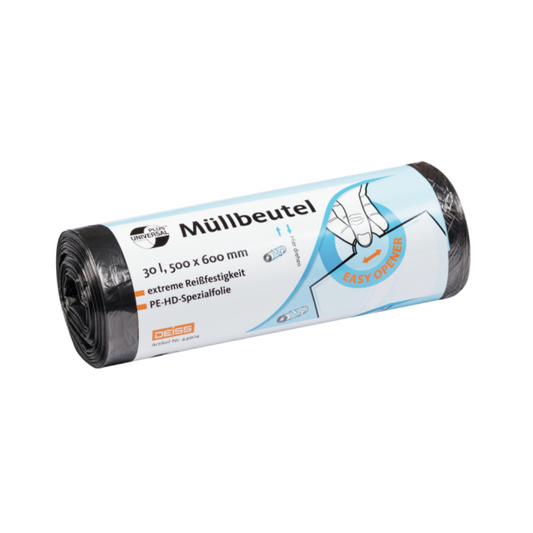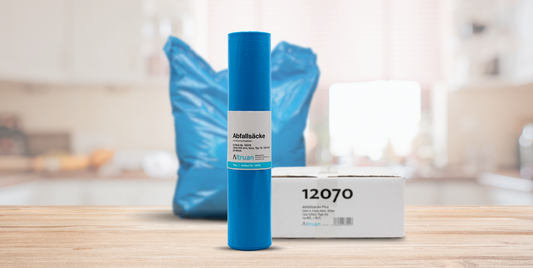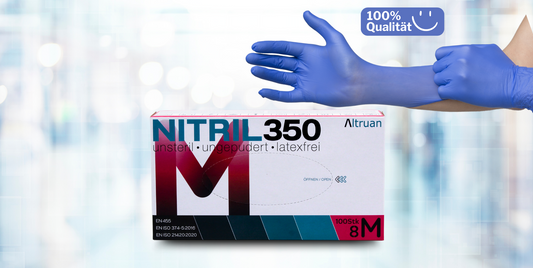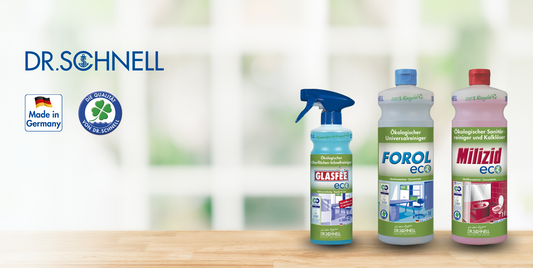residual waste
Filter
Brand
Product type
material
Drawstring
Product color
Fassungsvermögen
Aktuelle Angebote
Deiss Universal Plus® garbage bag 30 liters, 44904 - 1 roll | Role (50 pieces)
SKU: DE-44904-30
- Featured
- Best selling
- Alphabetically, A-Z
- Alphabetically, Z-A
- Price, low to high
- Price, high to low
- Date, old to new
- Date, new to old
- Featured
- Best selling
- Alphabetically, A-Z
- Alphabetically, Z-A
- Price, low to high
- Price, high to low
- Date, old to new
- Date, new to old
Müllbeutel & Müllsäcke
Wählen Sie aus einem breiten Sortiment an Müllbeuteln für jeden Bedarf.
Einmalhandschuhe
Egal ob puderfrei, steril, oder unsteril. Kaufen Sie Einmalhandschuhe für Ihren Bedarf.
Remaining waste disposal: efficient solutions for
A clean environment
Residual waste is an unavoidable part of our everyday life,
And proper disposal is crucial for the protection of our
Environment and maintaining a clean and healthy living environment.
Find out more about the importance of residual waste disposal and the
Various ways to efficiently dispose of residual waste. Discover our large selection Garbage bags and garbage bags And choose the right version.
Why is residual waste disposal important?
A proper disposal of residual waste is
Crucial to avoid pollution, to protect resources and
to protect the health of man and nature. Untreated residual waste can
have negative effects on soil, water and air and the quality of life
affect in our communities.
Efficient solutions for residual waste disposal:
There are various ways to efficiently waste residual waste
dispose. This includes the use of residual waste bins or containers that
Regular collection from municipal garbage collection services and the proper
Separation and disposal of waste in accordance with the local regulations and
Provisions.
Environmentally conscious action:
An environmentally conscious residual waste disposal is an important one
Contribution to environmental protection and sustainability. By reducing,
Reference and correct disposal of residual waste we can
Protect resources, minimize waste and our ecological footprint
reduce.
Take responsibility:
Each individual is responsible for the proper
Disposal of its residual waste. By compliance with disposal guidelines,
The correct separation of waste and the support of
Together we can contribute to recycling programs, a clean and
to receive healthy environment for future generations.
The proper disposal of residual waste is an important one
Step on the way to a clean and healthy environment. In order we
act responsibly, properly separate and dispose of waste, we can
contribute to reducing environmental pollution and our communities
to make more livable. Take your responsibility and dispose of
Your residual waste in an environmentally friendly way!
Unsere Top-Kategorien:
Grundlagen der Mülltrennung
Mülltrennung ist ein essenzieller Bestandteil des Umweltschutzes. Sie hilft, Ressourcen zu schonen und die Umweltbelastung durch Abfall zu reduzieren. Durch das korrekte Trennen von Papier, Kunststoff, Glas, Bioabfall und Restmüll wird gewährleistet, dass Materialien effektiv recycelt und wiederverwendet werden können.
Hier einige Tipps für effektive Mülltrennung:
- Papier und Karton in die blaue Tonne: Hierzu zählen Zeitungen, Zeitschriften und saubere Kartonagen.
- Verpackungen aus Kunststoff, Metall und Verbundstoffen gehören in den gelben Sack oder die gelbe Tonne.
- Glas wird nach Farben sortiert in entsprechende Container geworfen.
- Bioabfälle kommen in die Biotonne und umfassen Küchenabfälle und Gartenabfälle.
- Restmüll für alles, was sich nicht recyceln lässt, wie verschmutzte Verpackungen und zerbrochenes Porzellan.
Die genauen Vorschriften können je nach Kommune variieren, daher ist es ratsam, sich bei der lokalen Abfallwirtschaft über die spezifischen Trennregeln zu informieren. Durch korrekte Mülltrennung leisten Sie einen wichtigen Beitrag zum Umweltschutz.
